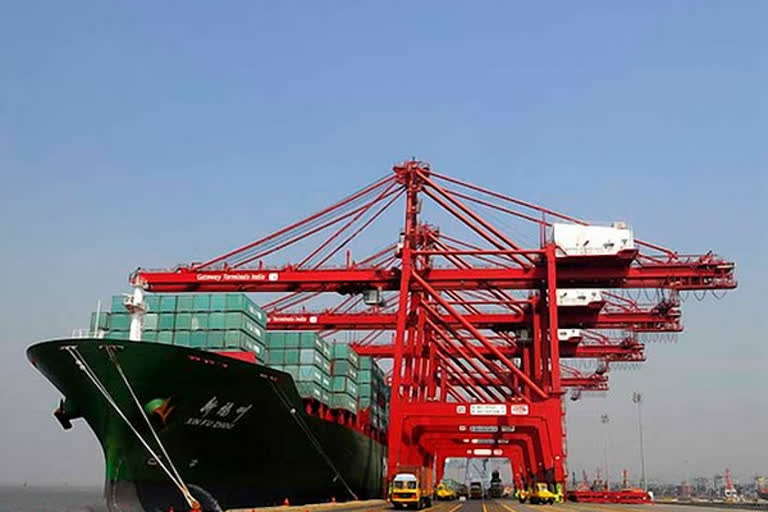Come April 5, India celebrates its 58th National Maritime Day. The theme for this year is “Sustainable shipping for a sustainable planet” so as to showcase the work undertaken by the International Maritime Organization (IMO) and its member states for a sustainable world.
Significance of the day
National Maritime Day is being observed since 1964. April 5, 1919, marked the history of navigation in India when SS Loyalty, the first ship of The Scindia Steam Navigation Company Ltd, travelled to the United Kingdom from Mumbai. This was a significant development in the history of Indian shipping as sea routes were controlled by the British. The transaction marked a red-letter day in India's maritime history.
The early years of the 20th Century was a time when the British were the masters of the Global Maritime Common and British companies dominated the shipping industry. At this juncture, an ambitious Gujarati industrialist, Walchand Hirachand, envisioned a strong Indian, domestic, shipping industry as the need of the hour. He, along with his friends Narottam Morarjee, Kilachand Devchand and Lallubhai Samaldas, purchased a steamer, the RMS Empress, from the Scindias of Gwalior. The royals had first purchased the RMS Empress in 1890 from the Canadian Pacific Railway and used it as a hospital ship for Indian soldiers during the First World War. The four Indians named their company the Scindia Steam Navigation Company Ltd, which came to be known as the first Swadeshi shipping enterprise aimed at creating India’s own mercantile fleet.
The RMS Empress was renamed the SS Loyalty and commenced its maiden voyage to London on April 5, 1919. Although the company faced stiff competition from British companies and barely survived the ensuing fare wars, it was instrumental in making India’s ruling and political classes realise that a strong domestic shipping industry was vital in India’s interests.
Covid impact: Indian ports to see 5-8% slump in cargo volumes in FY21:
The overall cargo throughput shrunk by 22% during the lockdown months at major ports. According to ICRA ratings, cargo volumes at Indian ports are expected to see a five to eight per cent decline this fiscal owing to the pandemic and subsequent lockdown enforcement. The slump is expected to be sharper at 12-15 per cent in case of containers, it stated.
Taking cognisance of the developments, the government has undertaken a series of measures to ease out the situation. These include the allotment of additional land for storage to accommodate the needs of port users who are facing issues with cargo movement. The shipping ministry has also announced a waiver of penalty charges to port users on account of delay due to delayed loading, unloading or evacuation of cargo. Some of the other measures include deferment of payment of vessel-related charges by shipping lines and waiver on some lease rentals and license fees.



